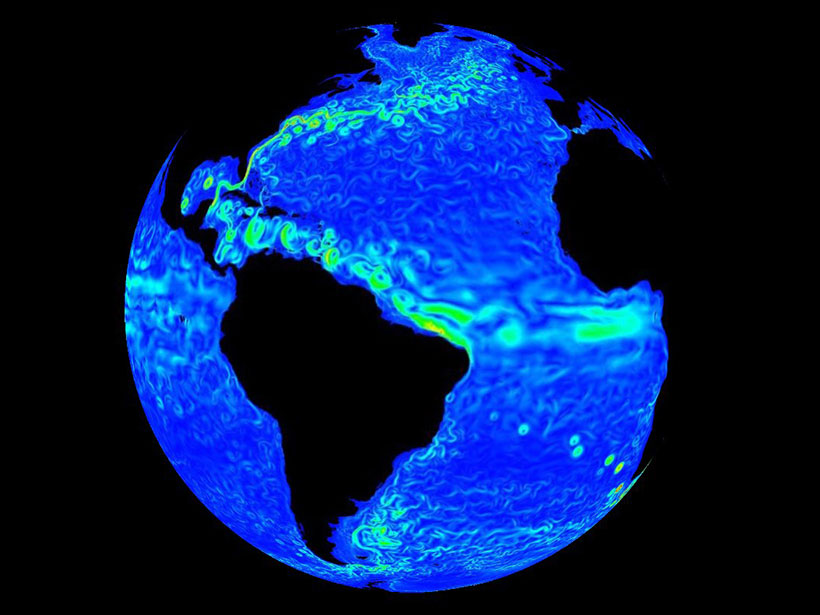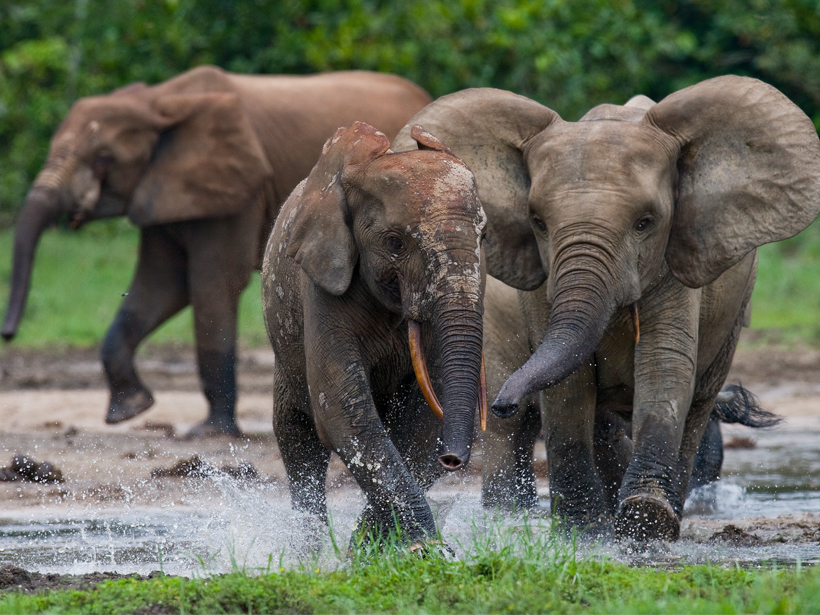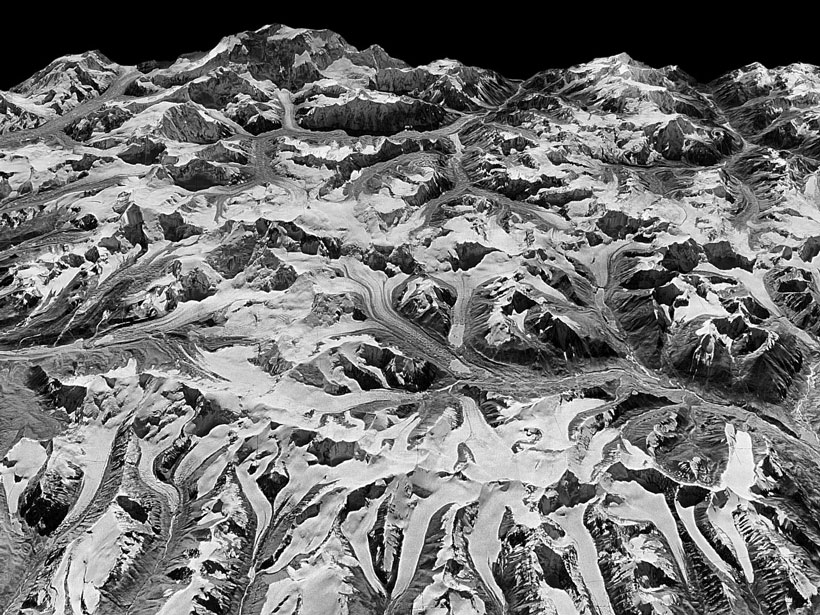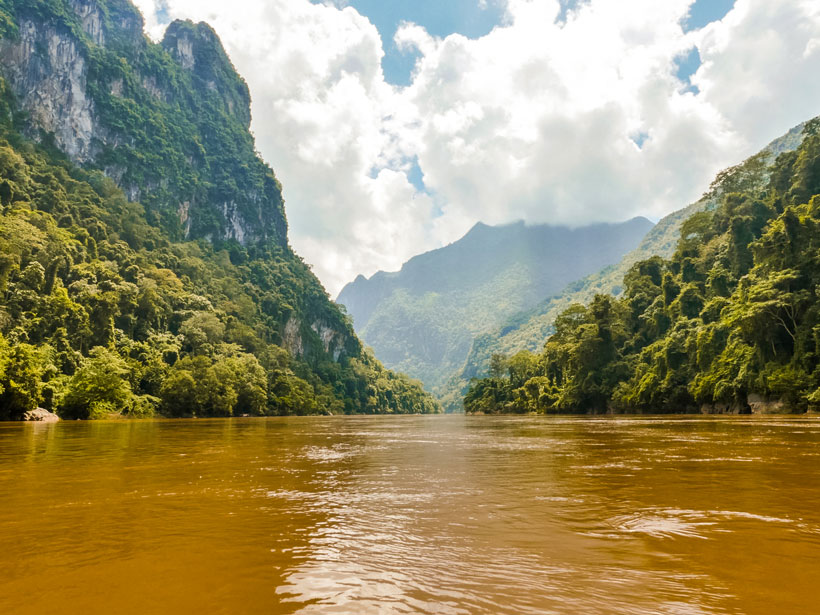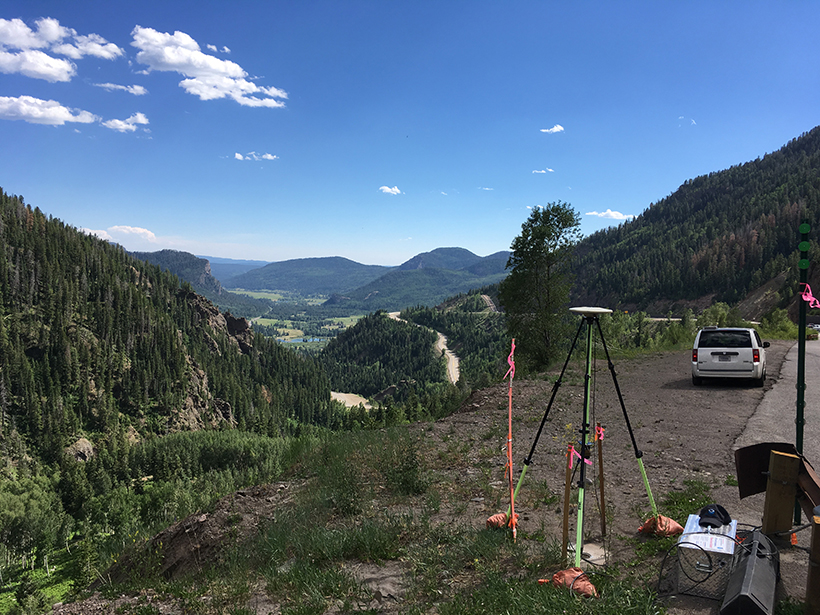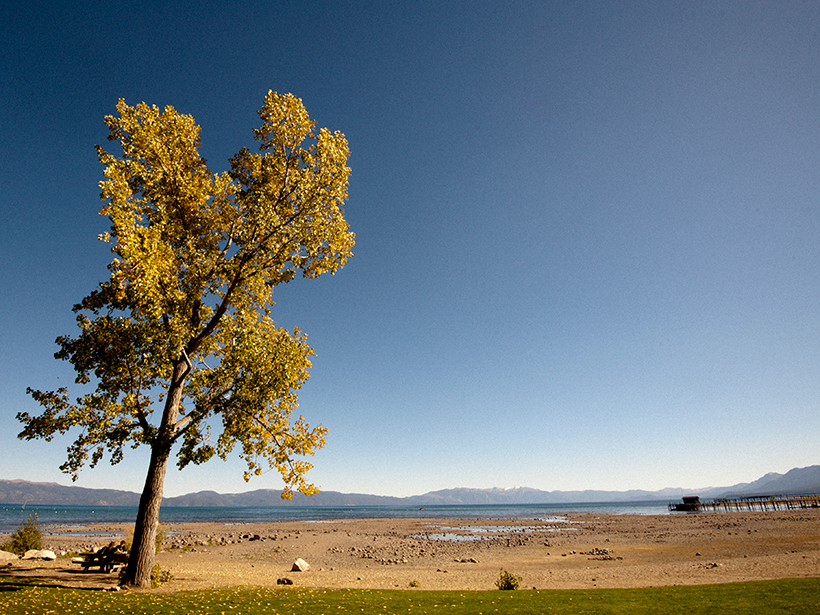Ocean eddies spin round and round, but not in a perfect circle.
Jenessa Duncombe
Jenessa Duncombe, a News and Features Writer for Eos, joined the team in 2018. She graduated with her master’s degree in physical oceanography from Oregon State University in 2017 and subsequently worked as a freelance writer on research ships. Jenessa first interned with Eos, became the team’s first fellow in May 2019, and joined the staff permanently in March 2020.
Elephants Boost Carbon Storage in Rain Forests
Forest elephants are the “gardeners of the Congo.” How might their dwindling population affect carbon storage in the world’s second-largest tropical forest?
Shining a Spotlight on LGBTQ+ Visibility in STEM
LGBTQ+ researchers and communities are working to establish visibility and acceptance in the sciences. How is STEM evolving to welcome them?
Rock On with a Group That Makes Music from Geophysical Data
Musical numbers include an Italian fault and a tour of an African greenstone belt.
Spy Satellite Reveals Accelerated Pace of Himalayan Glacier Melt
Images taken covertly in the 1970s have taken on a new purpose in a recent glaciology study.
Women in Oceanography Still Navigate Rough Seas
Female scientists have weathered bias, lack of support, and unsafe work environments since the dawn of oceanography. Could recent initiatives, technology, and awareness chart the way to safer waters?
Where Did All the Free-Flowing Rivers Go?
A map of the world’s free-flowing rivers shows a shrinking number can still meander as they please. New plans for hydropower will further constrain flow.
Airborne Gravity Surveys Are Remaking Elevations in the U.S.
Measuring gravity’s tiny fluctuations is giving the United States an upgraded system of elevations.
Burning Fossil Fuels Worsens Drought
Tree rings help scientists trace the influence of greenhouse gas emissions on 20th-century drought conditions.
The Ice Nurseries of the Arctic Are Melting
Ice formed in coastal nurseries along Russia’s Arctic coast is melting before it can float far offshore. Scientists are worried about what that means for wildlife.

